Informing and engaging citizens

The deep roots of the trust crisis
Sigmund Freud, the public affairs industry and the internet may all have played a part in declining levels of public trust, write Isabelle Stanley and Rod Dowler. Measures to restore trust could include independent media fact-checking and research and greater transparency in political donations.

Are there any benefits to divided parliamentary parties?
Intra-party dissent is generally considered a bad thing – for parties seeking power and for voters wishing to make sense of political conflicts. However, using a survey experiment to test people’s responses to different forms of intra-party policy disputes, Eric Merkley finds that there are circumstances in which voters find moderate divisions useful as cues for evaluating policy choices in light of their own preferences.

Why neoliberal approaches to policy are detrimental to democratic participation
The neoliberal introduction of market principles to the governance of public institutions has eroded faith in more democratic forms of deliberation and decision-making, argues Bradley Allsop. Our response should be to encourage greater workplace democracy and more collective, cooperative forms of local participation.
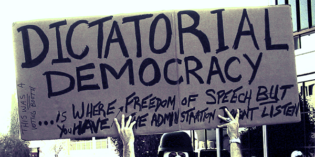
The Brexit vote and Trump’s election were decided democratically. So why don’t they feel that way?
The Brexit referendum and Trump’s election were each decided by a free and fair vote, yet large proportions of UK and US citizens have trouble accepting them as truly ‘democratic’. A working democracy requires more than free elections; it requires additional institutions, such as well-functioning political public sphere and a responsive political party system, to channel citizens’ voices into productive public debate and foster a sense of ‘collective democratic will’, writes Brian Milstein. If these institutions are in a state of decay, democratic politics can start to appear unfocused and erratic – we can even find ourselves subject to decisions that were ‘formally’ democratic, yet somehow don’t ‘feel’ democratic, he argues.
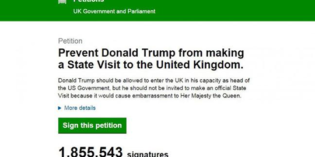
Full of sound and fury: Is Westminster’s e-petitioning system good for democracy?
Online petitions to Parliament have become a ubiquitous part of political campaigning. However, writes Carys Girvin, as the UK system is currently designed, without mechanisms for real public deliberation, they can be crude tools that fail to enhance participatory forms of democratic decision-making. Examples from Germany and Finland suggest possible improvements.

Do party leaflets and canvass visits increase voter turnout?
Experiments in the US consistently find that Get Out The Vote campaigns boost participation at election time. Is the same true for Britain? Using a field experiment carried out in cooperation with the Liberal Democrats in May 2017, Joshua Townsley finds that leaflets and canvass visits did boost turnout, but that postal voters were unaffected by campaign contact.
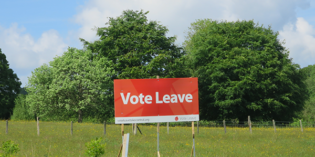
Patriotism, pessimism and politicians: understanding the vote to Leave
Ben Worthy reflects on the numerous overlapping reasons for the Brexit vote, the parallels with previous elections, and why a second vote risks exacerbating the anti-elite sentiments that underpinned it.
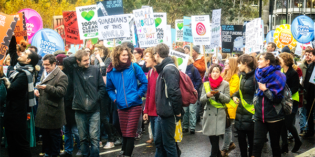
Membership organisations: how to boost numbers and activate engagement
To help organisations increase their number of active members, Kate Dommett and Sam Power explain how people decide whether to join (and remain in) an organisation, as well as what may be keeping them from participating in its activities.
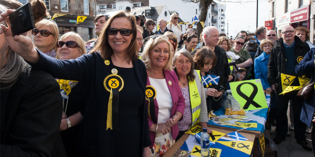
Campaign spending and voter turnout: does a candidate’s local prominence influence the effect of their spending?
At election time, political candidates in Britain routinely spend significant sums of money on their local campaigns. Generally speaking, the more individual candidates spend, the higher turnout in that constituency. But while some candidates are major contenders in their area, many candidates who are unlikely to win also spend substantial sums on their campaigns. By analysing candidate spending data from the 2010 general election, Siim Trumm, Laura Sudulich and Joshua Townsley find that the money spent by viable contenders has a greater impact on voter turnout than spending by candidates who are unlikely to win.



 Democratic Audit's core funding is provided by the Joseph Rowntree Charitable Trust. Additional funding is provided by the London School of Economics.
Democratic Audit's core funding is provided by the Joseph Rowntree Charitable Trust. Additional funding is provided by the London School of Economics.